
Morning Reading Routine
Read for at least 20 minutes each morning, focusing on philosophical, spiritual, or political texts to center thinking and clear mental clutter. Prioritizes books over digital distractions like social media.



Evening Imagination Escape
End the day with fiction, films, or essays (e.g., Montaigne) to transition away from work-related thoughts. Avoids screens before bed to promote mental relaxation.



Three-Hour Focus Blocks
Limit focused work sessions to 3-4 hours daily, inspired by creatives’ productivity patterns. Protects this time from meetings or shallow tasks.



Meditation Integration
Begin mornings with meditation to create mental clarity before reading. Often pairs with spiritual texts to reinforce centeredness.


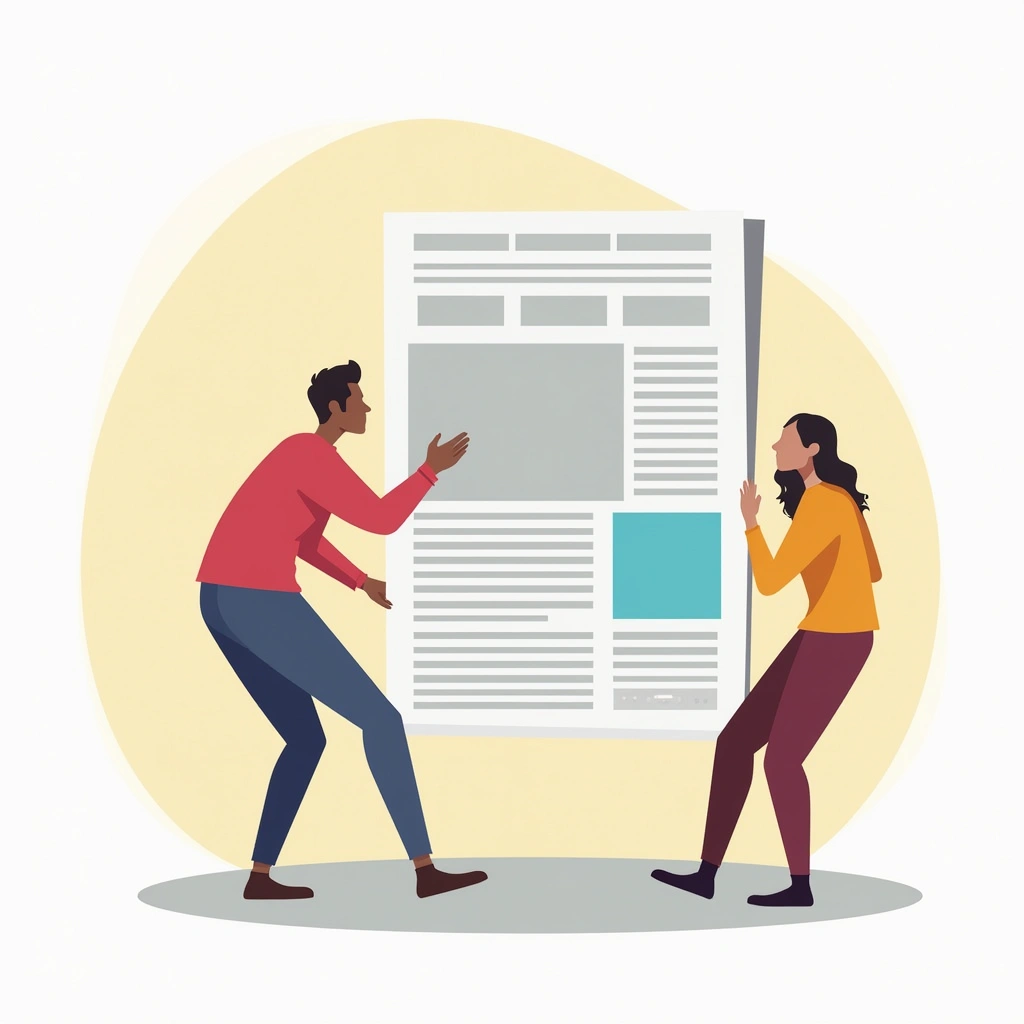
Local News Prioritization
Allocate time daily to local journalism via dedicated apps or outlets. Balances national/international news consumption.


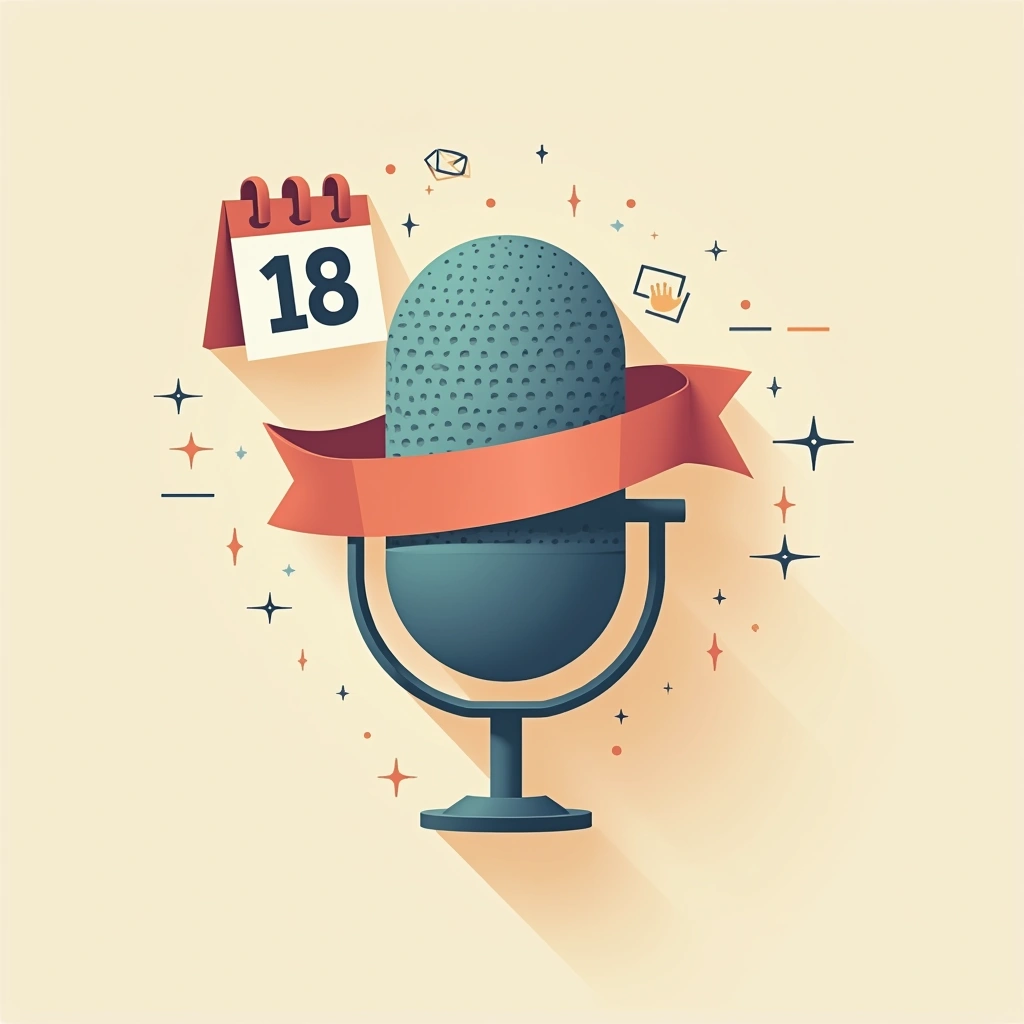
Annual Reflection Episodes
Produce introspective podcast episodes each January to assess personal/professional growth. Encourages audience self-reflection.



Beauty Integration
Intentionally include art, poetry, or nature segments in podcasts. Seeks guests who discuss aesthetics alongside policy.



Feedback Filtering
Avoid reading social media comments or subreddits about himself. Limits exposure to polarized reactions.


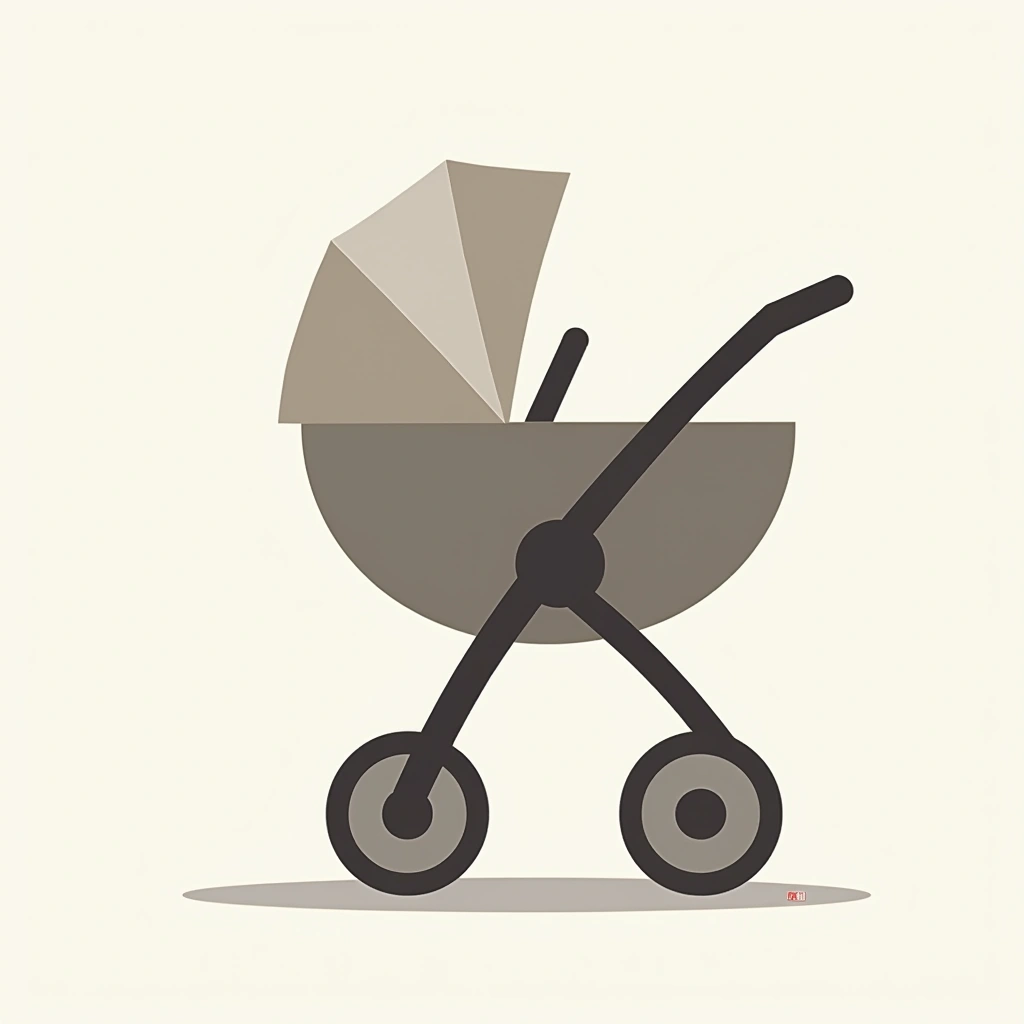
Parenting-Informed Content
Incorporate parenting experiences into analyses of policy/work culture. Discusses childcare challenges openly.



Vegan Diet Maintenance
Follow a plant-based diet for ethical and environmental reasons. Explores food system issues in reporting.


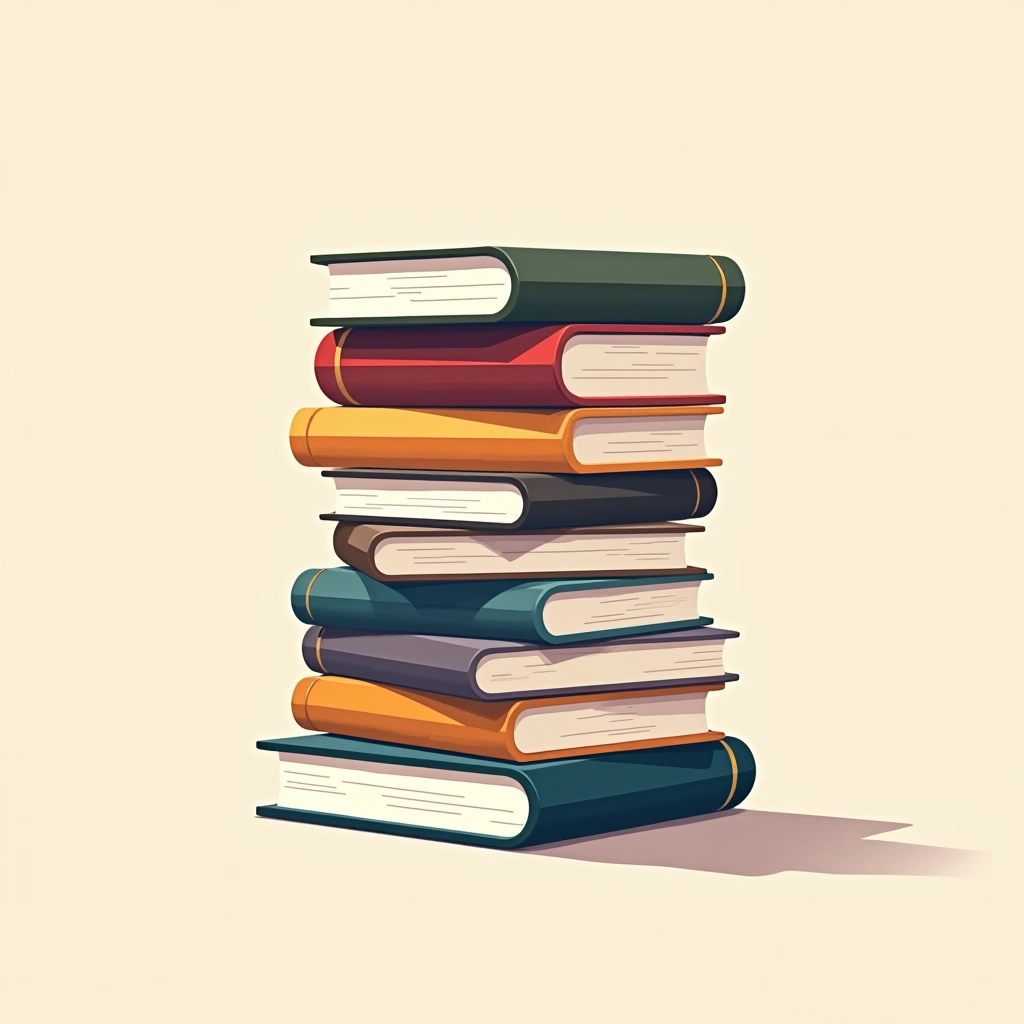
Interdisciplinary Learning
Read widely across fiction, philosophy, and science. Features non-political guests (e.g., novelists) to broaden perspectives.



Analog Note-Taking
Use physical journals for brainstorming and interview prep. Avoids digital tools for initial idea development.



Guided Interview Framing
Structure podcast conversations around guests’ lived expertise rather than news cycles. Prepares incisive, open-ended questions.



Algorithmic Culture Critique
Regularly analyze how recommendation systems flatten cultural taste. Discuss alternatives to passive consumption.



Rural Mindfulness Practice
Incorporate nature walks and environmental observations into daily routine. Notes seasonal changes deliberately.



Epistemic Transparency
Explicitly state personal biases/assumptions during analysis. Rejects false objectivity in journalism.



Productivity Skepticism
Question optimization culture in work/parenting. Highlight tradeoffs of efficiency-focused systems.



Cross-Partisan Engagement
Interview ideological opponents with empathetic inquiry. Seek understanding before critique.


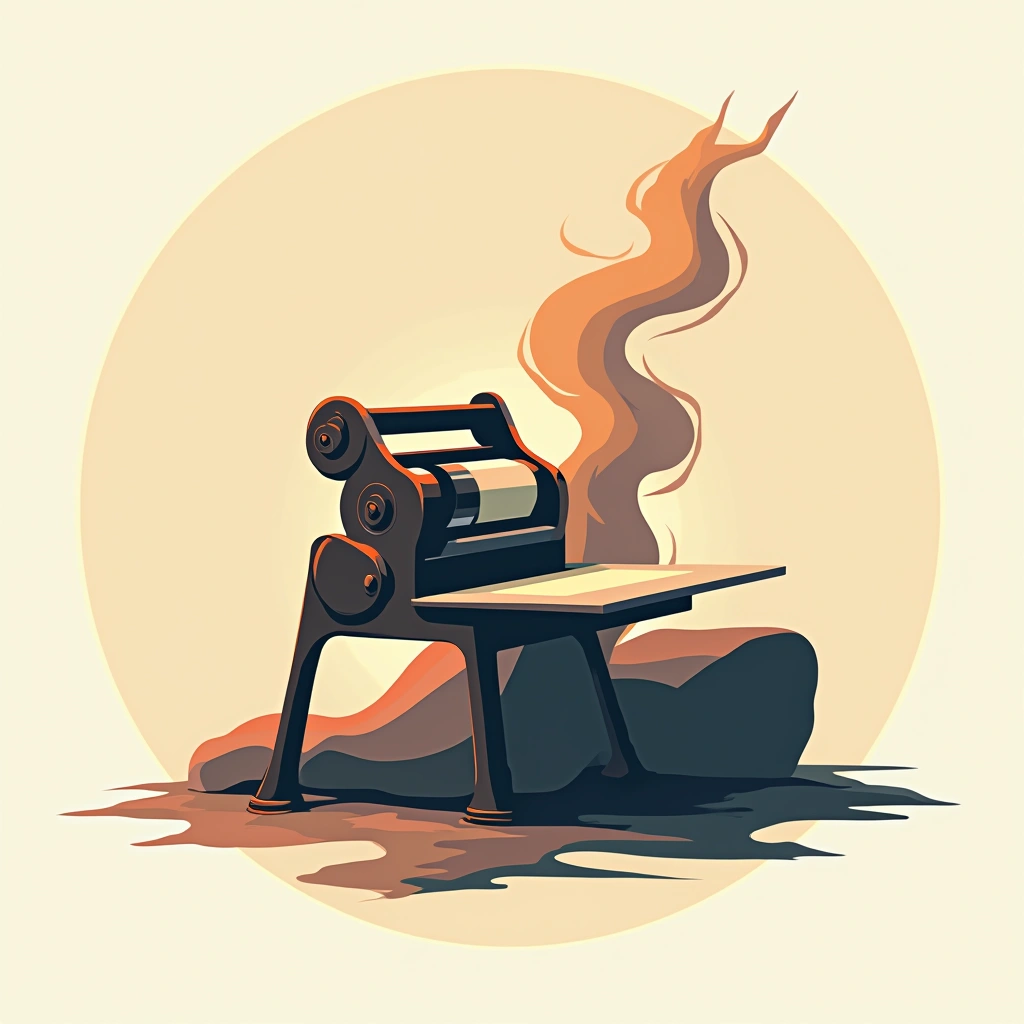
Legacy Media Analysis
Regularly examine historical media practices (e.g., 19th-century newspapers) to contextualize current trends.



Memento Mori Reflection
Contemplate mortality through Stoic texts like Marcus Aurelius. Link finite time to prioritization practices.

